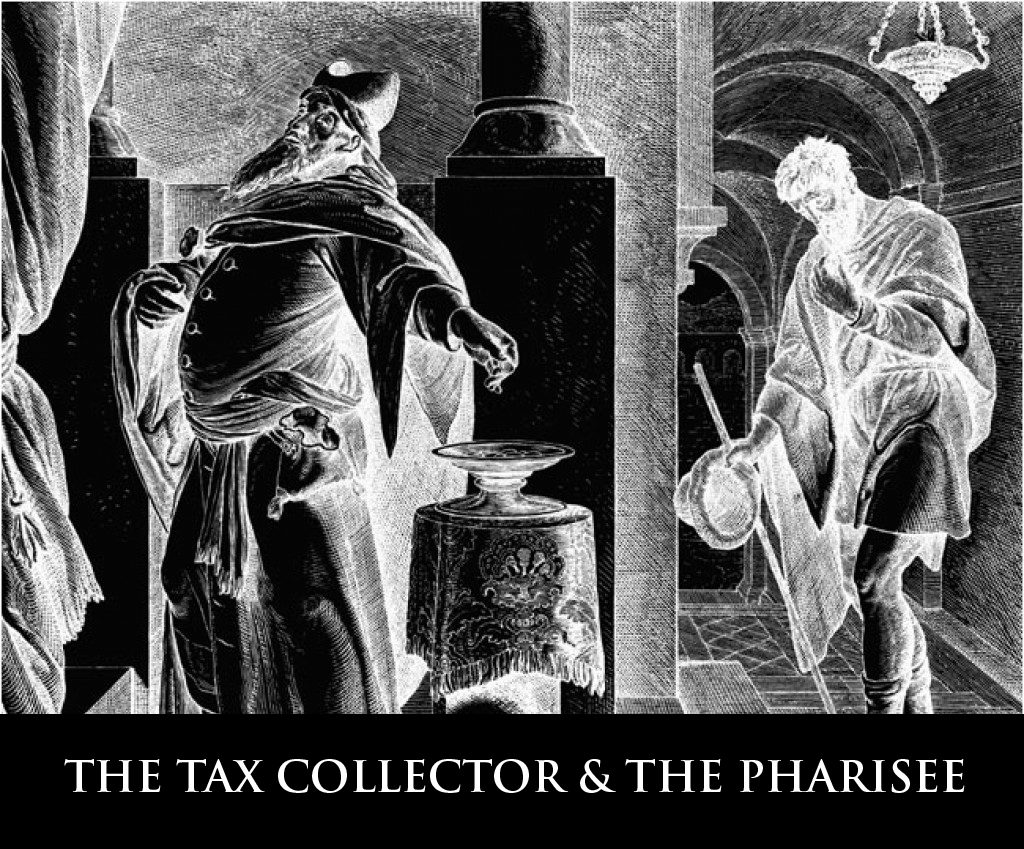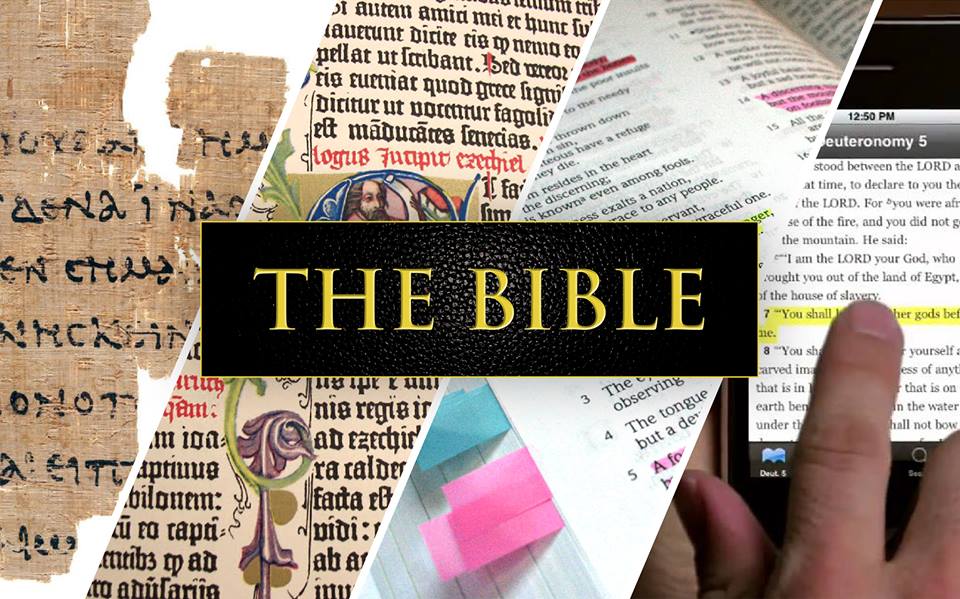Good. News. About Jesus.

Then Philip opened his mouth, and beginning with this Scripture he told him the good news about Jesus.
Acts 8:35
Most Christians know that they should be like Philip in Acts 8:35. We should share “the good news about Jesus” whenever we have the opportunity and we should try to make as many opportunities as we can. This, of course, is challenging. We often feel like we don’t know the best thing to say, or if we do, we can easily feel nervous or even fearful about how people may respond.
In my own journey of facing these challenges, there are the three key things I try to remember as I share the good news about Jesus:
It’s good. It’s news. And it’s about Jesus.
#1. It’s about Jesus
If you want to share the heart of Christianity, your focus has to be on
As Paul the apostle wrote:
And I, when I came to you, brothers, did not come proclaiming to you the testimony of God with lofty speech or wisdom. For I decided to know nothing among you except Jesus Christ and him crucified.
1 Corinthians 2:1-2
For what we proclaim is not ourselves, but Jesus Christ as Lord…
2 Corinthians 4:5

One way I challenge myself to remember this focus is with a funny little test I call “The Three Levels of Wussiness”. If I have a face to face conversation about spiritual matters, I reflect
Now, if I just talked about “Christianity”, or used phrases like “As a Christian” or “my faith”, I consider that a Level 3 of being a wuss. It’s not that I said anything particularly wrong. It’s just that there is little to no risk to me or to my listeners when you keep it that vague. There’s also little to no chance that the actual gospel was communicated.
If I have a bit more courage, I may get to Level 2, which means I talked about “God”. More personal, but still nice and broad as people can often inject their own definition as to what that word means.
Level 1 is where I actually use the “J” word and talk about Jesus specifically. For me, that is clear. That is courageous. That where I might actually be sharing the gospel. Because the gospel is specifically the good news about Jesus.
You may think I’m being harsh on myself, or maybe for you, just telling people that you’re a Christian is a big step. If it is, then don’t let my “Three Levels of Wussiness” test make you feel overwhelmed. God is glorified by (and can use) any small faithful word that we say in an effort to point people to the gospel.
My goal is not to guilt-trip you or myself. To be honest, I fail heaps of the time. It’s simply easier to answer a religious question with “Well, as a Christian…” rather than “Well, Jesus teaches that…” I do these reflections with a big awareness of my weakness and need for God’s grace and help. I simply want to challenge us to not wimp out by avoiding using the “J” word. As God gives you these opportunities to share the good news, pray for courage and remember – it’s about Jesus.
#2. It’s News
The second thing I want to remember is that the good news about Jesus may involve lots of things, but fundamentally… it’s news.
When Paul tells us to remember the gospel, look at how he summarises it:
Now I would remind you, brothers, of the gospel I preached to you… For I delivered to you as of first importance what I also received: that Christ died for our sins in accordance with the Scriptures, that he was buried, that he was raised on the third day in accordance with the Scriptures, and that he appeared to Cephas, then to the twelve.
1 Corinthians 15:1, 3-5
The gospel – the central message of Christianity – is not a philosophy for how to live. It’s not a list of moral rules or a system of religious practices. The gospel is not even a presentation of theological truths or a creed that people need to sign up to. Of course, the New Testament does contain all of those things, and they are good to discuss. They just aren’t the gospel.
The gospel literally means “good news”. It is a declaration of something that has happened in history – centred around the life, death
Why is that an important distinction to get right? Because it’s only the good news that is “the power of God for salvation” (Romans 1:16). It is coming to hear and believe this news that is the primary method God uses to save people. Ethical philosophy, social commentary
This also implies something else important – you can’t just use your good works to share the gospel.
I’m sure you have heard the popular saying:
Preach the Gospel at all times.
When necessary, use words.
This quote is wrongly attributed to St. Francis of Assisi (there’s actually no evidence he ever said this), but whoever said it, the way these words are often used is to argue that you don’t really have to use words to spread the gospel to the world. You just live it out.
Now, I say “primary” because I do think there is a place for visual mediums such as illustration, painting, theatre and cinema. I have used lots of these creative tools over my life and know that can be very effective at communicating the gospel. But no matter what tool you use, if your goal is to share the good news, then you must remember that it is news.

Consider this illustration: A bushfire is sweeping across the countryside, approaching a nearby town. That is the news and all in the town need to hear it and respond to it. Now, you could communicate this news through phone calls, text message, sirens
It’s also true that if you believe this news, then you will act in such a way that demonstrates that – hosing down your house or packing your bags and evacuating the area. In fact, if you weren’t acting like that, then even if you did tell people about the bushfire, why would anyone believe it was true. So our actions definitely do back up our words, but they can not replace them.
Like an approaching bushfire, the gospel is important news that needs to be responded to. We must live lives that show that we believe the gospel, but we must not rely on just our lives to communicate it. As the first part of that saying says, “Preach the Gospel at all times”. Just remember that
#3. It’s Good
Sharing the gospel is not easy. The news about Jesus is challenging and for some, offensive. There is also an increasing movement in the West to simply write off the gospels as fairy tales with no historical value that requires a response. If that wasn’t discouraging enough, the bible tells us that the human heart is naturally blind to the light of the gospel (2 Corinthians 4:4) and that no one is able to respond to the gospel unless God enables them (John 6:65).
Turning hearts to respond in faith to the news about Jesus is literally an impossible task – conversion is God’s work, not ours. In that context, it almost seems futile to share the gospel. If the expectation is that, unless God acts, the message (and maybe the messenger) will be ignored, rejected, mocked and opposed, why would anyone share it? Why put yourself through that?
I used to answer that question with “Because it is true.” But I am more and more convinced that even believing in the truth of the gospel will not actually get us sharing it. More than knowing that the news about Jesus is true, we need to know deep in our soul that the news is good.
So, the third thing I need to remember in order to share the “good news” is that it is indeed good news! The gospel is the hope for the world, the light in the darkness, the solution to the problem of the human condition. It is epic enough to fix the brokenness of the entire universe and intimate enough to reconcile an individual soul to their Creator.
God the Son truly did come to earth 2,000 years ago. He truly walked the dusty roads of Jerusalem, performed miracles, taught the truth about God’s kingdom and loved people as we never could. He truly did take our sins and die in our place on the cross and on Easter morning he truly was raised from the dead and now rules the Universe! And all people, no matter who they are or what they have done are called to abandon their sin, turn to Jesus and take this free gift of forgiveness, reconciliation and eternal life. This is the good news and it is truly good!
But do we really believe that? Do we honestly believe that your friends and family will be better off if they embrace the gospel? If we do believe it is good news, then why aren’t we sharing it?
When someone has discovered a new crazy diet that has changed their life, or has started watching a show on Netflix that is blowing them away, or has just won TattsLotto, or is going to get married and everyone’s invited, they have no problem telling people about it. It is natural to share
But is that how you think about the news about Jesus? Or do you think about it as simply a weird set of beliefs that we Christians ascribe to, but you wouldn’t want to burden anyone else with? If that’s the case, then you will never share Jesus with anyone, or if you do, it will only be out of some begrudging sense of duty.
If you want to joyfully and naturally introduce people to Jesus, you have to be convinced, as Paul was, of “the surpassing worth of knowing Christ Jesus my Lord” (Philippians 3:8).

Consider these poetic words of King David:
O God, you are my God; earnestly I seek you;
Psalm 63:1-3
my soul thirsts for you; my flesh faints for you,
as in a dry and weary land where there is no water.
So I have looked upon you in the sanctuary,
beholding your power and glory.
Because your steadfast love is better than life,
my lips will praise you.
His lips can’t help but speak about God because he knows that God’s steadfast love is better than life. We need to remember that too. We are such distracted and forgetful creatures. We need to daily remind ourselves and each other of the goodness of the good news.
In this “dry and weary land”, we need to spend time in God’s Word, drinking deep from the gospel and letting it overflow onto our lips in words of praise and gospel sharing. Then we will join with King David as he calls to people in another great
Oh, taste and see that the Lord is good!
Psalm 34:8
Blessed is the man who takes refuge in him!
I hope this article challenges and encourages you. I hope for some it convicts and humbles you. But really, this article is for me. Even in the process of writing it, I have become more aware of the words I use and the opportunities I have to talk about Jesus.
Most importantly, I have become more aware of my need to continuously thirst for God and be reminded every day of the goodness of the good news. May we all spur each other on as we try to share the good news about Jesus with prayerful dependence and godly courage.
And as you do, remember these three things – the gospel is so good, it’s wonderful news and it’s all about Jesus.
(375)












